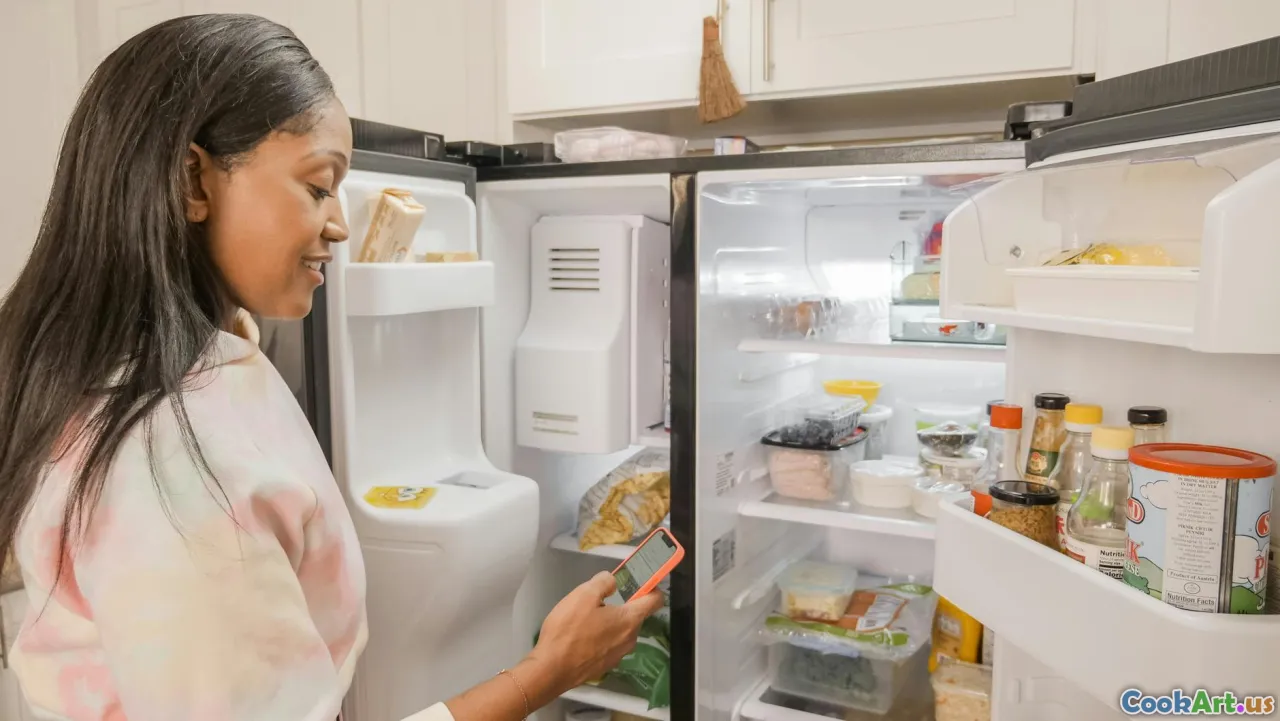The Rise of Smart Appliances in Home Kitchens
6 min read Explore how smart appliances are transforming home kitchens, making cooking easier, faster, and more enjoyable for everyone. April 10, 2025 12:00
The Rise of Smart Appliances in Home Kitchens
In recent years, the kitchen has evolved from a traditional space of culinary creativity to a hub of innovation, thanks to the rise of smart appliances. These devices, equipped with advanced technology, are revolutionizing how we cook, manage our meals, and interact with food.
What Are Smart Appliances?
Smart appliances refer to devices that connect to the internet and can be controlled remotely or programmed to perform tasks autonomously. Examples include smart ovens, refrigerators, coffee makers, and even dishwashers. These appliances often integrate with home automation systems, allowing users to monitor and control them through smartphones or voice commands.
The Benefits of Smart Appliances
1. Efficiency and Convenience
Smart appliances streamline cooking processes, making meal prep quicker and more efficient. For instance, a smart oven can automatically adjust cooking times and temperatures based on the recipe selected, eliminating the guesswork involved in traditional cooking.
2. Energy Savings
Many smart appliances are designed to be energy-efficient, providing users with the ability to monitor their energy consumption. Smart refrigerators can alert you when the door is left open, and smart dishwashers can choose the most efficient wash cycles, ultimately reducing electricity and water usage.
3. Enhanced Cooking Experience
With smart technology, home cooks can explore new recipes and cuisines with ease. Imagine a smart cooker that can guide you step-by-step through a complex dish, adjusting the heat and timing automatically to ensure perfect results. Such innovations make gourmet cooking accessible to everyone.
4. Food Management
Smart refrigerators can track the contents inside and suggest recipes based on available ingredients. They can also alert users when food items are nearing their expiration dates, helping to reduce food waste and promote more sustainable eating habits.
Trends Driving the Adoption of Smart Appliances
The shift towards smart appliances is largely influenced by broader trends in technology and lifestyle. Here are some key factors:
1. The Internet of Things (IoT)
As our homes become increasingly interconnected, the IoT revolution is transforming kitchens. The ability to control appliances through smartphones and integrate them with other smart home systems is a significant draw for tech-savvy consumers.
2. Health and Wellness
With a growing focus on healthy eating, smart appliances can aid in meal planning and tracking nutritional intake. Devices can suggest healthier recipes based on dietary preferences and restrictions, making it easier for families to maintain a balanced diet.
3. Sustainability
Consumers are more eco-conscious than ever, and smart appliances often offer features that promote sustainability. From energy-efficient settings to food waste reduction capabilities, these devices align with the values of environmentally aware consumers.
Challenges and Considerations
While smart appliances offer numerous benefits, there are also challenges to consider:
1. Cost
Smart appliances can be more expensive than their traditional counterparts, which may deter some consumers from making the switch. However, many argue that the long-term savings on energy bills and food waste can offset this initial investment.
2. Privacy Concerns
As with any connected device, there are privacy and security concerns associated with smart appliances. Users must be aware of data collection practices and take steps to secure their devices to prevent unauthorized access.
Conclusion
The rise of smart appliances in home kitchens is changing the way we cook and manage our food. With their ability to enhance efficiency, save energy, and promote healthier eating habits, these devices are more than just gadgets; they are essential tools for the modern cook. As technology continues to evolve, the future of cooking looks promising, with smart appliances leading the charge toward a more innovative and sustainable culinary experience.









